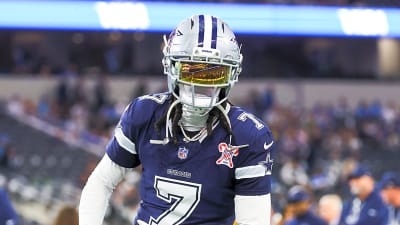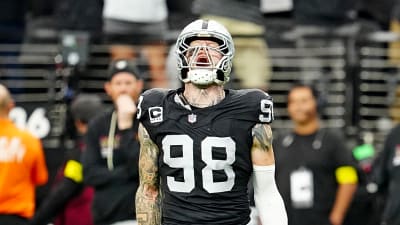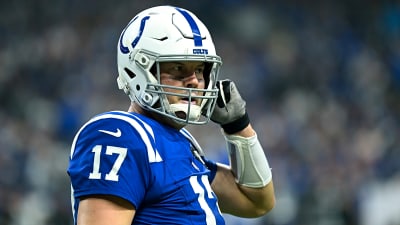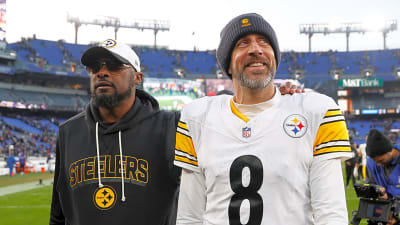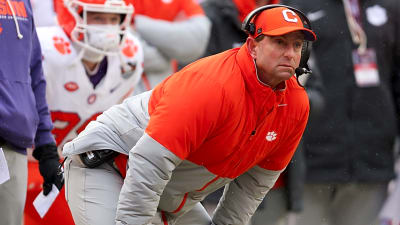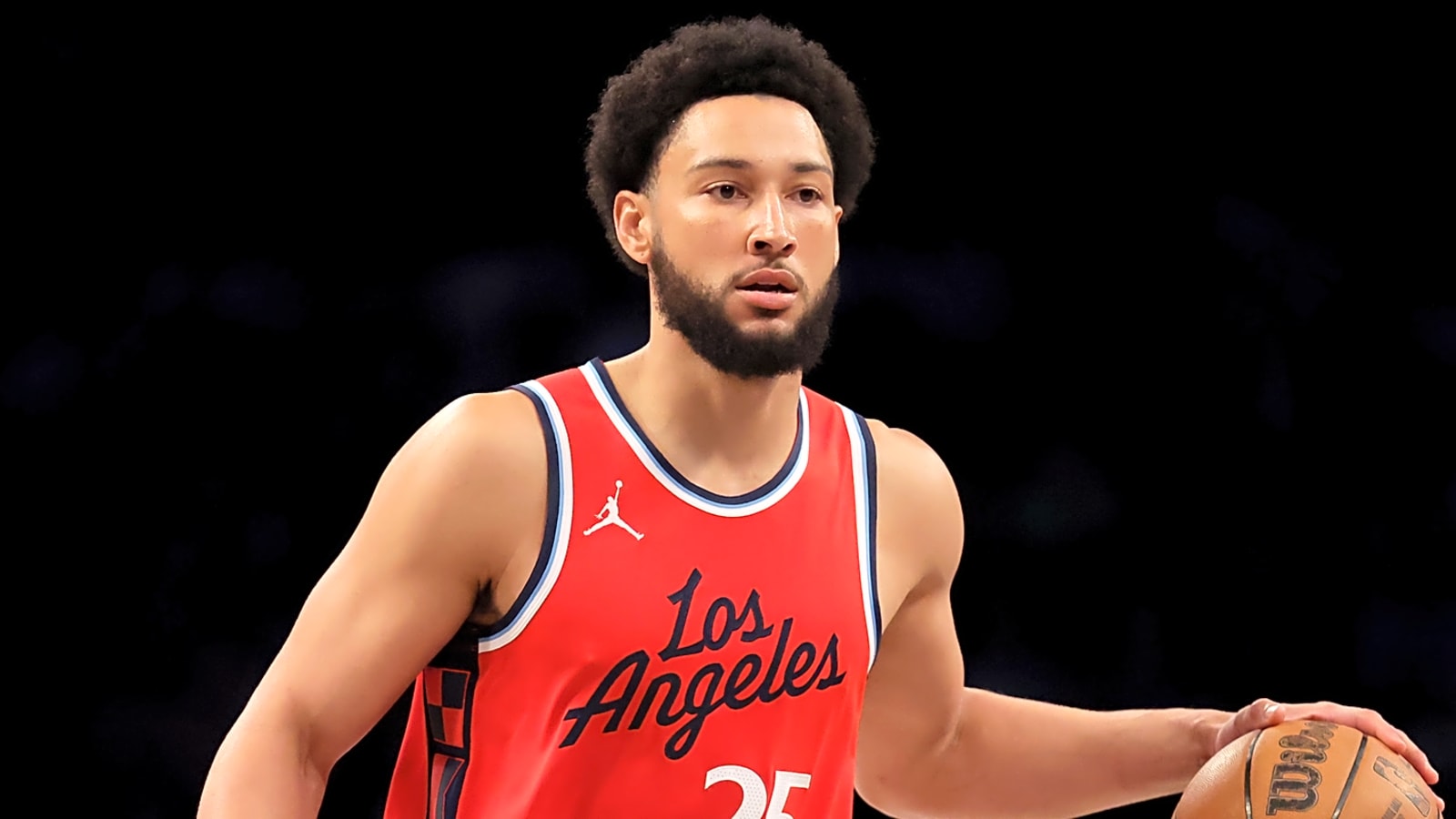
From Chosen One to castaway: The precipitous fall of Ben Simmons
Once considered the heir to LeBron James, Ben Simmons has skidded from household name to borderline retirement in record time—and it's hard to pinpoint one single reason.
Drafted No. 1 in 2016 by Philadelphia, Simmons entered the league with flash and promise. He was Rookie of the Year, a three-time All-Star and a top-tier defender who could guard multiple positions. The future seemed written: Simmons, Embiid and the Sixers would dominate. But then everything unraveled.
His shocking play in Game 7 of the Eastern Conference semifinals against the Hawks marked the first step towards this present. His avoidance of shooting and unthinkable pass out of an open dunk in the last minute put an end to the Sixers' season and ultimately Simmons' tenure in Philly.
It all went backwards after that. A summer of crisis with the team, refusal to play again for the Sixers and a trade at the deadline to Brooklyn that never panned out for him.
It started with injuries. Back problems became Simmons' shadow. He underwent two disc surgeries, and over the past three seasons with Brooklyn and Los Angeles, he managed to suit up for only 90 games. That’s a massive drop-off for a player who once averaged triple-doubles with ease.
As his body faltered, so did his confidence. Simmons became known less for dominance and more for what he wasn't doing—shooting, finishing, backing up his hype. His performance dipped dramatically, averaging just 5.0 points across 51 games last season split between the Nets and Clippers.
Fast forward to this summer: Simmons reportedly rejected a veteran minimum deal from the New York Knicks—a stunning move, considering his value has tanked. Other sources claim that the Knicks never made an offer, resulting in uncertainty and confusion that epitomize Simmons' NBA career.
His agent, Bernie Lee, just cut ties with him. Reports say Simmons showed little to no interest in any team that Lee approached, signaling that he may be mentally checked out—even as his NBA value plummets.
Now, at 29, with his back issues mounting and no team willing to pay above the minimum, Simmons stands on a fence: continue in the league on a throwaway deal—or walk away entirely. Analysts say the Knicks, Celtics, Kings and Suns had interest, but that seemingly didn't move the needle.
To think how quickly it happened. Less than a decade ago, Simmons looked like the next face of basketball. He had the size, the vision, the defense, the handles. All-Star runs felt guaranteed. But it's one thing to have potential—and another to keep the fire lit. At some point, injuries sap both skill and drive.
The toughest questions now aren’t about systems or salaries—they're about desire. When you're making above $200 million in earnings and your health is shot, reapplying for the vet minimum requires passion. That spark looks to be fading for Simmons.
If Simmons does retire, the story becomes cautionary: a career that promised greatness ends not with a shot attempt, but with silence. He could have pivoted, redefined himself, taken the minimum and rediscovered joy on the court. Instead, we might remember him more for what he didn't do than for his brief dominance.
From superstar heir to forgotten talent—what happened to Simmons was never a slow fade. It was a blink.
More must-reads:
- Jeff Teague says it’s ‘over’ for Ben Simmons
- The 25 worst contracts in the NBA for 2025-26
- The 'NBA triple-doubles leaders' quiz
Breaking News
Trending News
Customize Your Newsletter
 +
+
Get the latest news and rumors, customized to your favorite sports and teams. Emailed daily. Always free!
